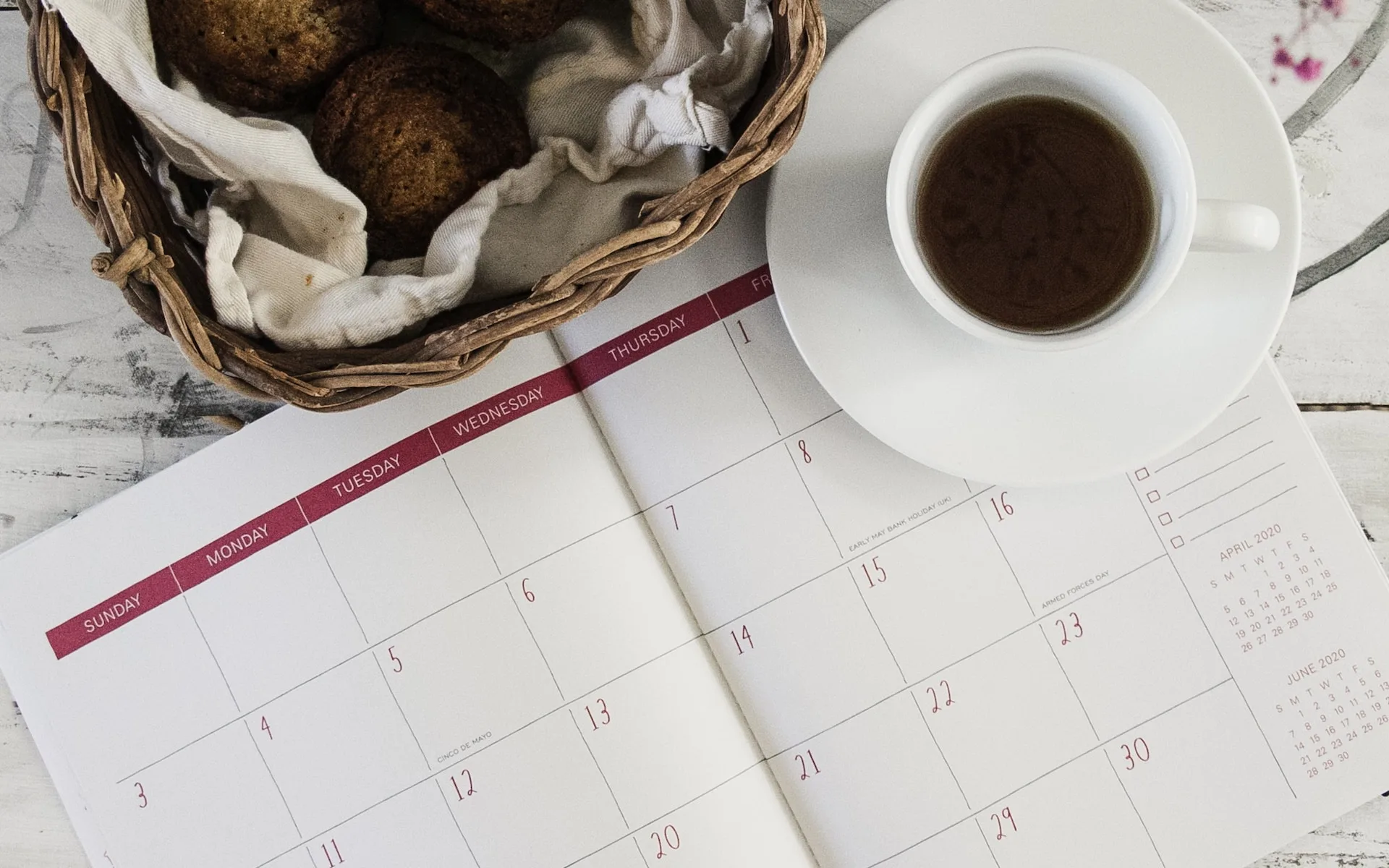They say timing is everything and that’s certainly true when it comes to your wedding date! Rather than blindly pointing to a spot on a calendar or going with whatever your venue suggests, you can choose your wedding date based on what works best for you and your guests. Since you’ll be celebrating your wedding anniversary every year (we hope!), this is a date you’re going to want to pay attention to.
Let’s check the weather, the calendar and maybe even your horoscope to find you the perfect wedding date!
Step 1. Discuss the basics of your wedding
Before you can choose your wedding date, you need to nail down some of the basics of your wedding. Sit down with your partner and have some big picture conversations about what you envision for your day. Will you be hosting a wedding locally or doing a destination wedding? Are you picturing an intimate elopement or hundreds of your closest friends and family?
Even if you don’t know exactly when and where your wedding will take place, you can discuss the broader experience you want to have. Are you leaning towards an all night dance party at a chic downtown venue, a brunch wedding on a beautiful vineyard, a camping wedding weekend by the lake or something else entirely?
With these basics in mind, you’ll have more information when it comes to actually choosing and booking your wedding date.
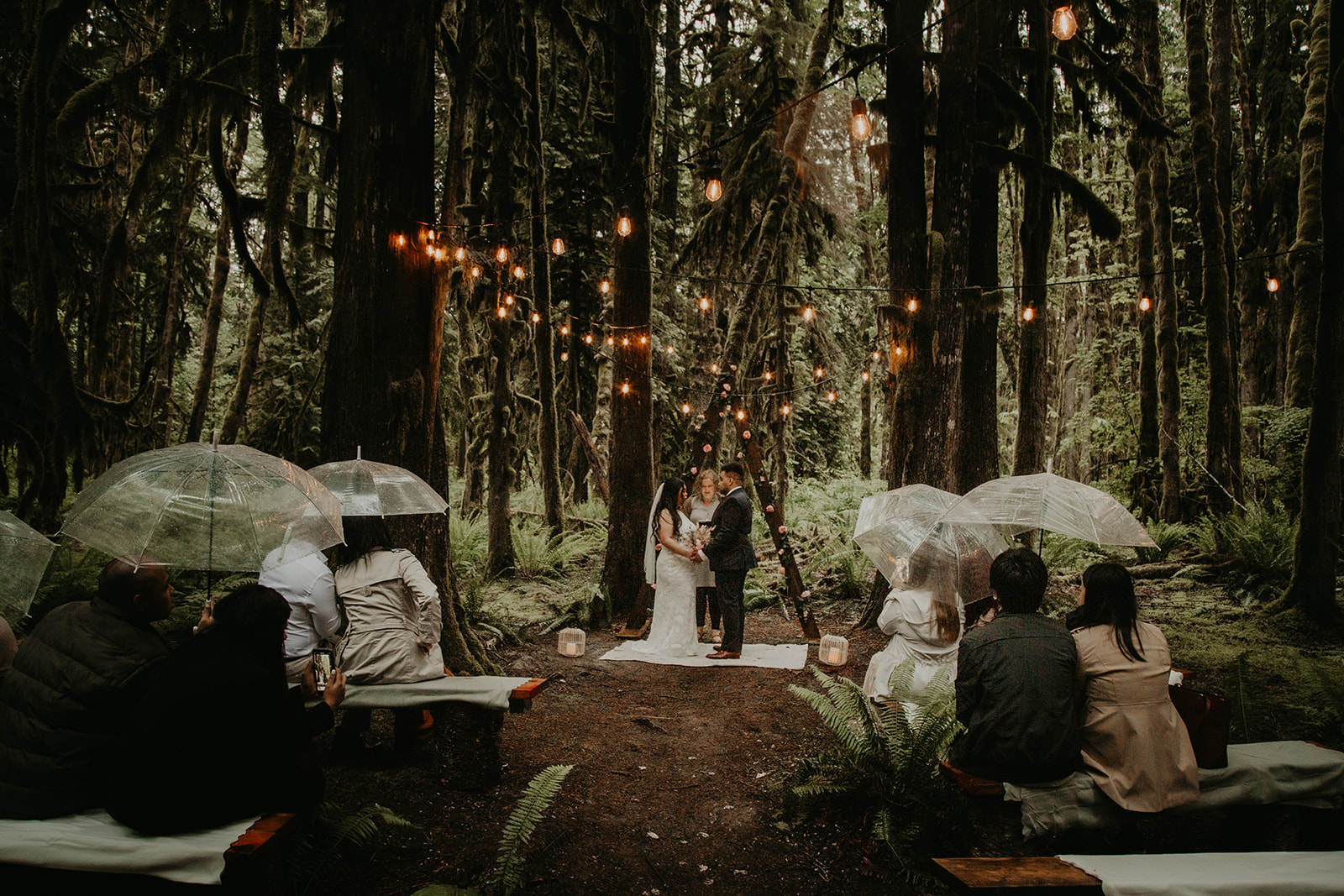
Step 2. Pick a year: 2023, 2024 or beyond?
Starting with the most broad part of choosing your wedding date, you should first decide what year you want to get married. Generally this will come down to how much time you need to plan the kind of event you have in mind – this is why it’s important to know whether you’re planning an elopement for two or a big wedding for 200.
On average, couples are engaged for 12-18 months and spend about a year planning their wedding. Of course, that is just an average; some couples plan their weddings in just a few weeks and others book a wedding date years in advance. But generally speaking for your average full-size wedding, you should count on a year of planning.
You’ll also need to think about availability of your venue, vendors and guests. While you might be ready to get married next week, there’s a good chance your dream venue is booked, your vendors are busy and your guests can’t make it with that little notice. Popular venues and vendors often book out more than a year in advance, which explains why couples often need a year or more to plan their weddings.
Step 3. Decide what season to hold your wedding
With a year in mind, you can now think about what season you want to hold your wedding in. Typically, summer and late spring/early fall weddings are most popular and winter weddings are least popular. However, this will vary depending on where you’re getting hitched. For example, no one wants to get married in Arizona in July!
While getting married in a popular season usually means better weather, it may also mean busier vendors, more crowds and more expense. Wedding venues and vendors typically book out their busy wedding season dates sooner, so you’ll need to book early or have fewer venues and vendors to choose from. With more weddings happening during that season you might have a harder time securing a spot for photos, booking beauty services, hiring a limo, etc. And with wedding season often coinciding with tourist season, you and your guests may be paying top dollar for hotels and flights.
A wedding in the off-season might mean you’re putting up with worse weather and an outdoor wedding might be out of the question. But it could also mean more venue and vendor availability, discounted off-season prices, and fewer crowds and events happening around yours.
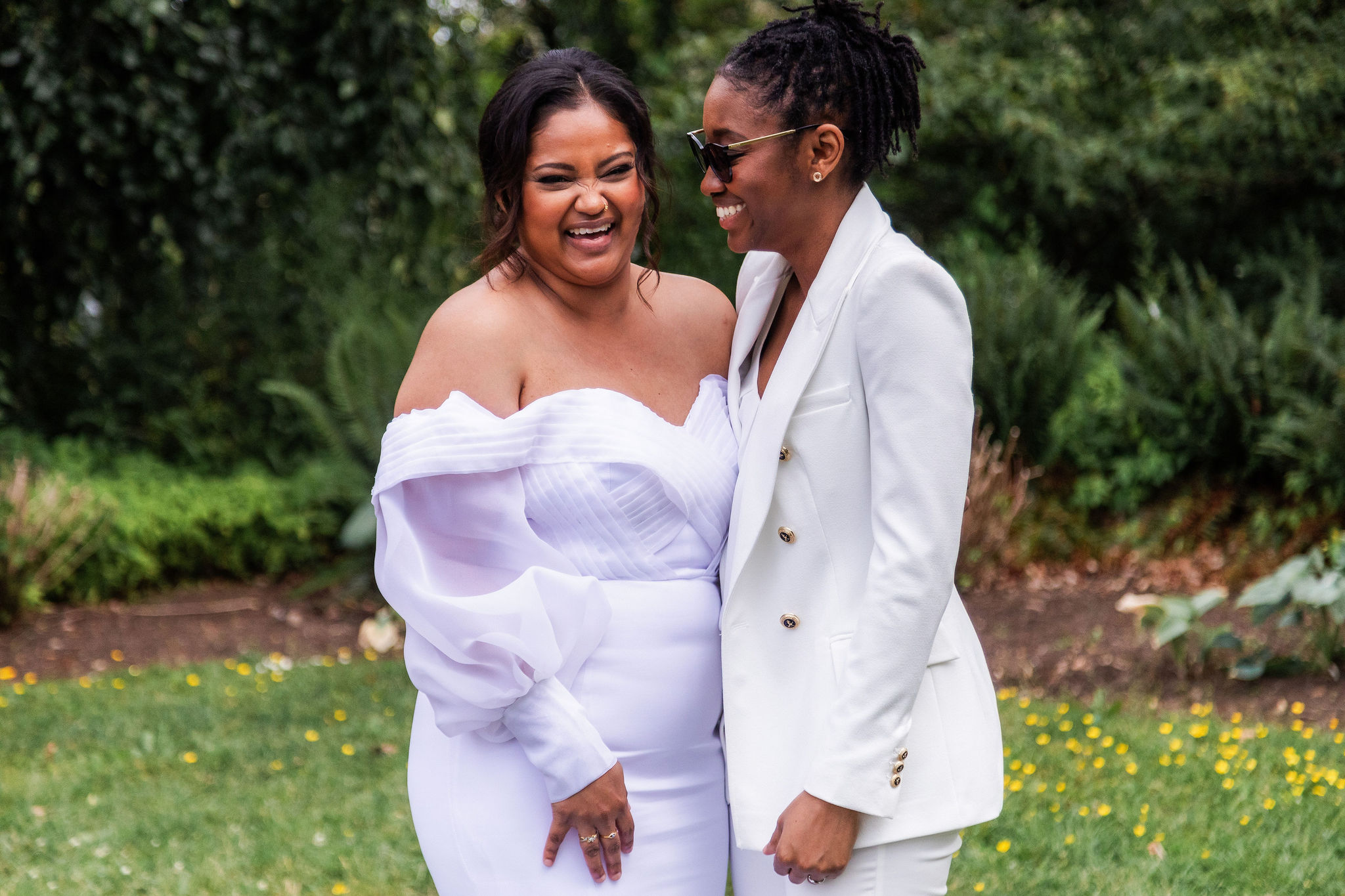
Step 4. Weekend vs weekday wedding?
As we discussed in our wedding ceremony myths post, it used to be that Saturday night was the only time for a wedding. But in 2023, we’re seeing weddings at all times and every day of the week. From early morning beach elopements to Sunday brunch and Thursday afternoon, it’s no longer taboo to hold your wedding on a weekday.
Of course, a Saturday or weekend wedding does have its perks. Most people have Saturday and Sunday off work, meaning you can plan wedding events all weekend long. Guests will be able to come in from out of town without taking too much time off and party the night away, knowing they don’t have to get up for work the next morning.
But because Saturday weddings are still the most popular, they’re also the most booked and often the most expensive. Many venues and vendors will offer discounts for mid-week weddings and have more availability. But keep in mind that not all of your guests may be able to attend a Monday lunch wedding.
Step 5. Consider holidays and events when you choose your wedding date
Before you choose your wedding date, you’ll want to double check that your wedding doesn’t overlap with any local events or holidays. Pull up your city’s event calendar and make sure there’s not a huge parade, race, event or party in town that will make it difficult for your guests and vendors to get to your wedding.
Sometimes it’s not possible to avoid holding your wedding at the same time as a big city event – perhaps the event was announced after you booked your wedding or you forgot to check. In that case, make sure all of your guests and vendors know about the event ahead of time and make plans so they can still arrive at your wedding. This may mean booking hotels much earlier and securing transportation for your guests.
Holding your wedding on a holiday long weekend can be a pro or a con. It may mean more guests can travel to your wedding without taking extra time off work. But it might also mean your guests will have established family plans or not want to travel during a busy and expensive long weekend. Steer clear of the most expensive travel times and family holidays, like Thanksgiving and Christmas, to have the best chance of keeping your guest list in tact.
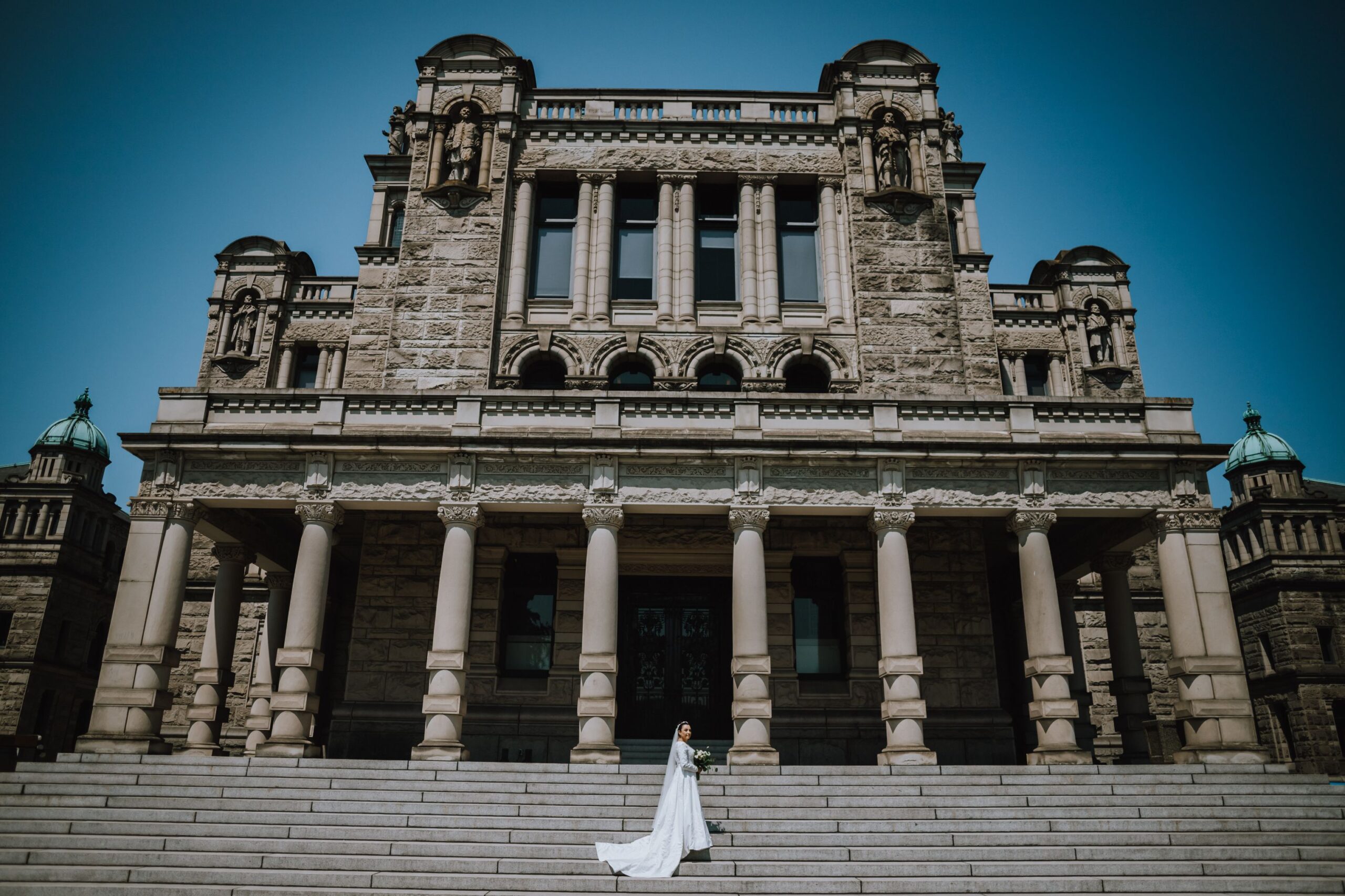
Step 6. Consider special, lucky or unlucky dates
Now that you’ve chosen a year, picked a season and established that your potential wedding date doesn’t overlap with any holidays or events, you may want to think about any particularly significant dates. For some couples, this is a really big deal. They want to tie the knot on the same day they got engaged or their dating anniversary. Or perhaps they want to choose a wedding date that is lucky in their culture or lines up with lucky numbers according to numerology or astrology.
If lucky dates don’t mean much to you, or don’t line up with the season you want to get married in, you could also think about unlucky dates. Are there any days you definitely don’t want to get married on? Friday the 13th is a popular answer. There may also be times of year that are particularly bad for a wedding, such as tax season if you’re an accountant.
Lastly, consider any other special dates on your calendar, such as holidays, weddings or events you’ve already committed to. Obviously you don’t want your wedding to overlap with anything else you have scheduled. You’ll want to pay particular attention to any other weddings that might be coming up, especially if you’ll have overlapping guest lists. Your family may not be able to afford to attend both your wedding in Hawaii and your sister’s wedding in Italy in the same month.
Step 7. Check in with your VIPs
The final thing you need to do before you choose your wedding date is check in with your VIPs. Usually these are people you wouldn’t want to get married without. If you can’t envision your wedding day without your grandparents or best friend, you may want to check in with them to make sure they are available. Give them a general sense of when you’re thinking (e.g. summer 2024) and see if there are any dates they can’t make.
You may also have some VIP vendors you really want to work with. (Who us? Oh stop it, we’re flattered!) If you’ve fallen in love with a photographer on Instagram or dream about hiring a particular baker, it wouldn’t be a horrible idea to check in and see what dates they have available. Many vendors won’t be able to hold a date for you without a deposit and knowing where your wedding is taking place, but you can still get a sense of their availability for your potential wedding date.
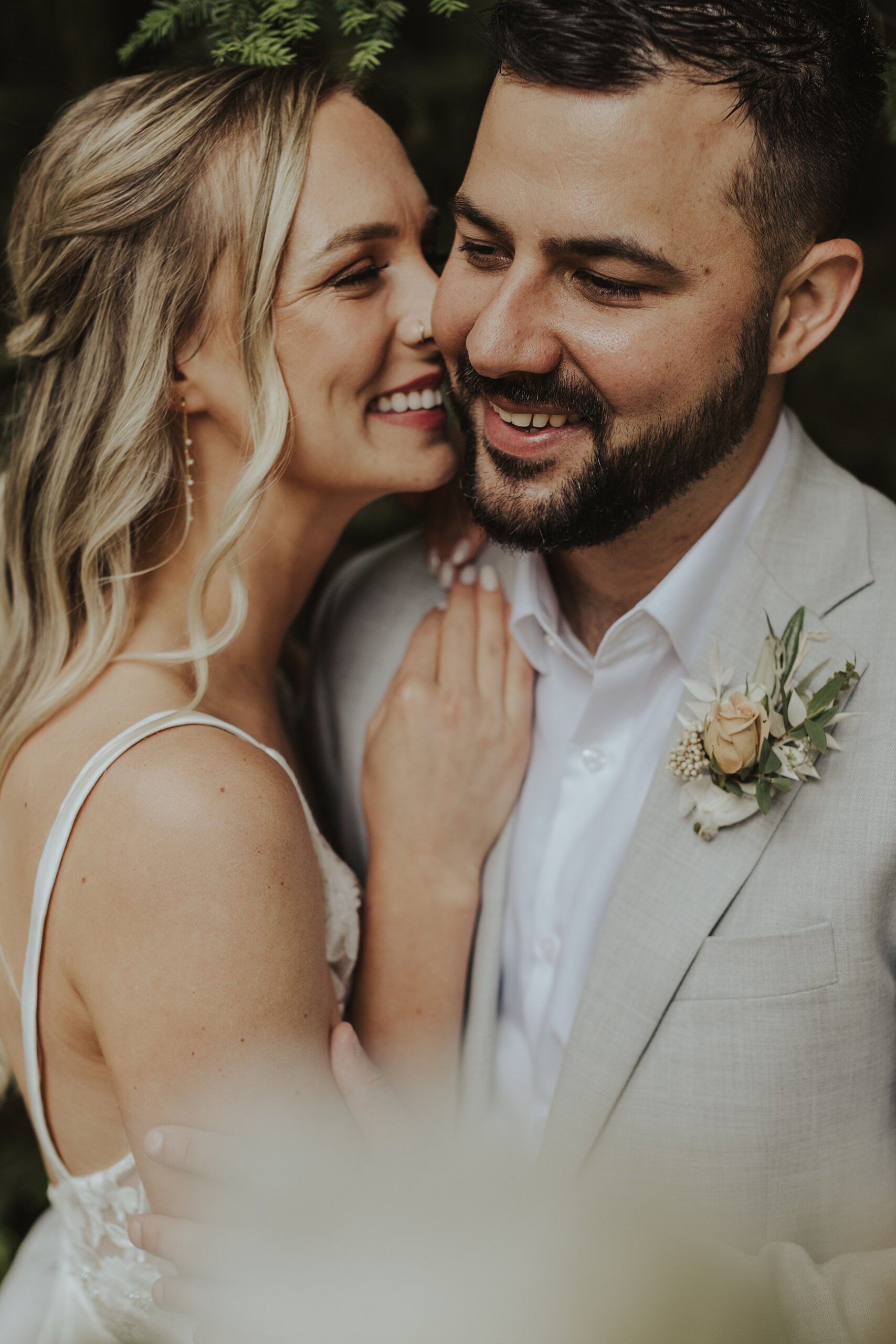
What’s more important: your date or your venue?
At some point on your journey to finding the perfect wedding date, you’ll have to decide what is more important to you: your date or your venue?
If you are tied to a specific wedding date, you’ll have less venue availability. You’ll only be able to choose from venues that are available for Sep 14, 2024 as opposed to venues with any weekend availability in September or October 2024. On the flip side, if you’re tied to a specific venue, you’ll only be able to choose your wedding date from the dates they have available.
Unless you are tied to a very specific wedding date, it’s best to go into your wedding venue search with a general idea of when you want to get married (i.e. a season, a year and weekend vs weekday) as well as any dates that don’t work. You’ll then share that information with any venues you tour and are interested in. They can let you know what dates they have available within your specifications.
Remember: You don’t have a wedding date until you have a venue. Once your chosen venue has confirmed availability and you’ve booked with them, you then have your official wedding date. You’ll need this date and the venue location in order to book all of your other wedding vendors. That’s why it’s important you book your wedding venue first!
Whether it’s a sunrise wedding on the beach or a midnight wedding to ring in the new year, Young Hip & Married would love to officiate and get you wed! Meet our team of officiants, check out our packages and reach out today to book!
